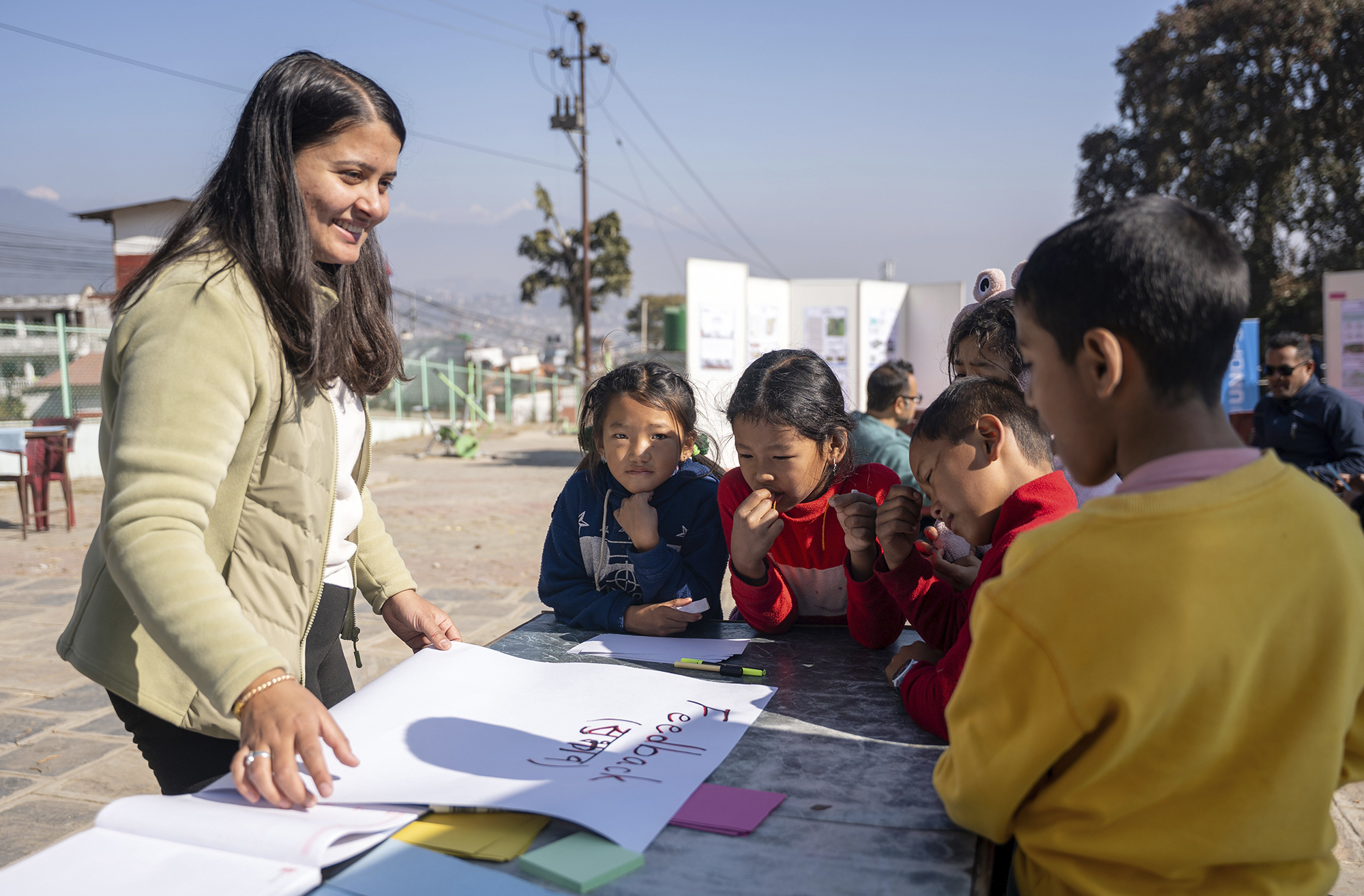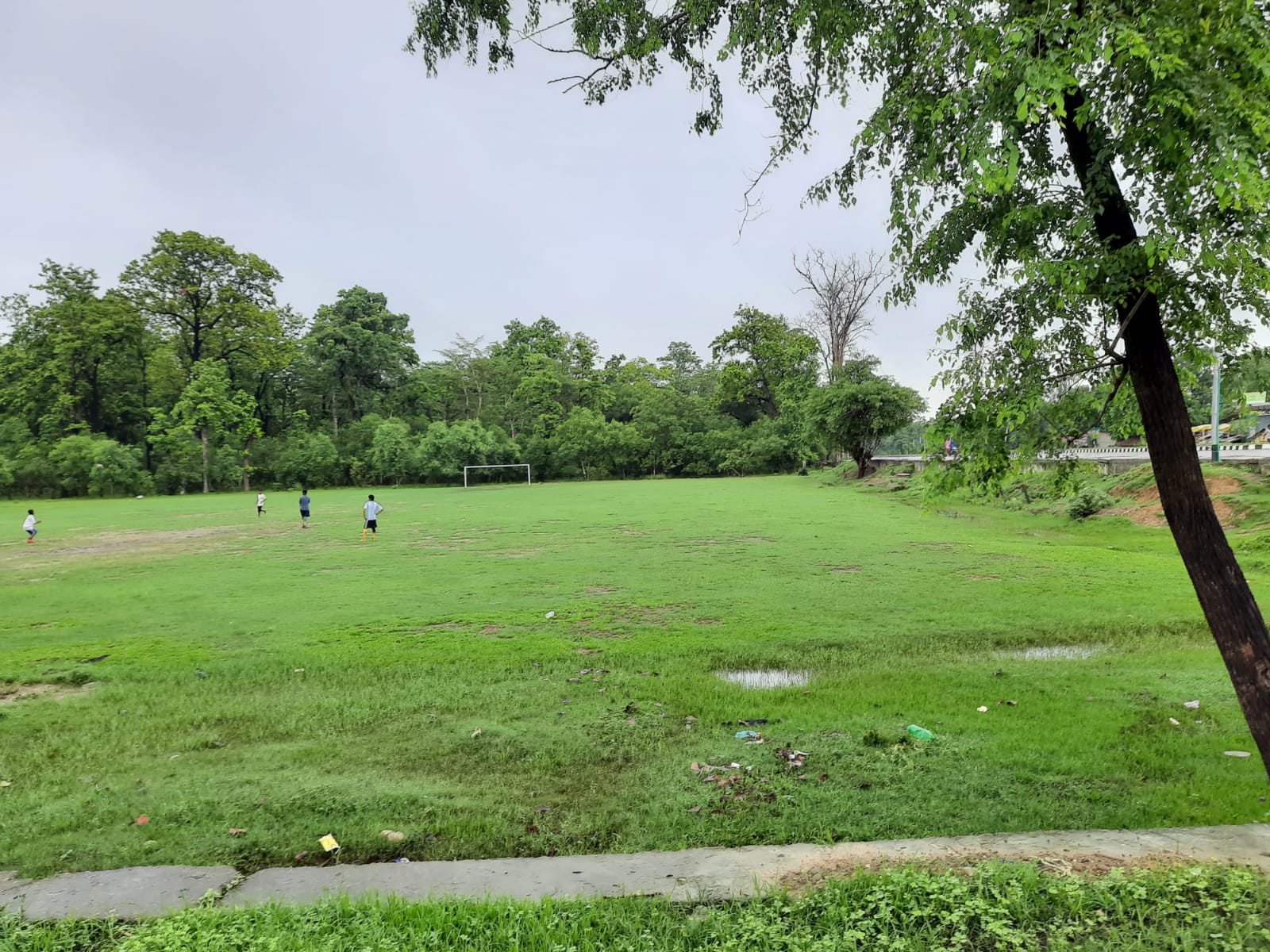[29 November 2011] -- The Cities Alliance has been involved in aid effectiveness discussions for the Fourth High Level Forum on Aid Effectiveness in Busan, which is taking place 29 November to 1 December 2011, through its participation in the Global Programmes Learning Group (GPLG).
Global programmes play an increasingly important role in the global aid architecture, particularly in the fields of education, health, environment and climate change. Collectively, they account for a significant portion of financing for development.
Established in 2006, the GPLG is a forum for global programmes to promote peer exchange and encourage actions on aid effectiveness. It focuses on:
- Learning and sharing best practices
- Coordinating and facilitating OECD processes
- Accountability to commit and implement actions
The key strength of the GPLG is that it operates as a network model for knowledge sharing not only among members, but also with the wider aid effectiveness community. It is a member of the OECD’s Working Party on Aid Effectiveness Executive Committee and participates in several thematic working groups, particularly on results-based management, accountability
and monitoring.
Global programmes are also represented on the Health Task Team, the Innovative Task Team for Health Financing, the Millennium Development Goals Working Group, and the Steering Committee of the International Aid Transparency Initiative (IATI).
Members include*:
- Cities Alliance
- Consultative Group for International Agriculture Research (CGIAR)
- Global Alliance for Vaccines and Immunisations (GAVI)
- Global Environment Facility (GEF)
- Global Fund to Fight AIDS, Tuberculosis and Malaria (Global Fund)
- Global Partnership for Education
- President’s Emergency Plan for AIDS Relief (PEPFAR)
*With input from the Health Metrics Network (HMN) and the Bill & Melinda Gates Foundation.
About Global Programmes
Global programmes are defined as “institutions that channel funding for specific development objectives, usually at the sub-sectoral level, across countries”. (Isenman et al, 2010).
They now provide a decade of experience of innovative public-private partnerships addressing global challenges. They have introduced novel approaches to financing and managing for results, have engaged in markets to benefit development outcomes, and have pioneered new and more inclusive governance arrangements. They are targeted and have been shown in evaluations to be effective in delivering services. In a short space of time they have delivered impressive contributions to achieving the Millennium Development Goals and have made considerable efforts to respond as a group to aid effectiveness challenges.




